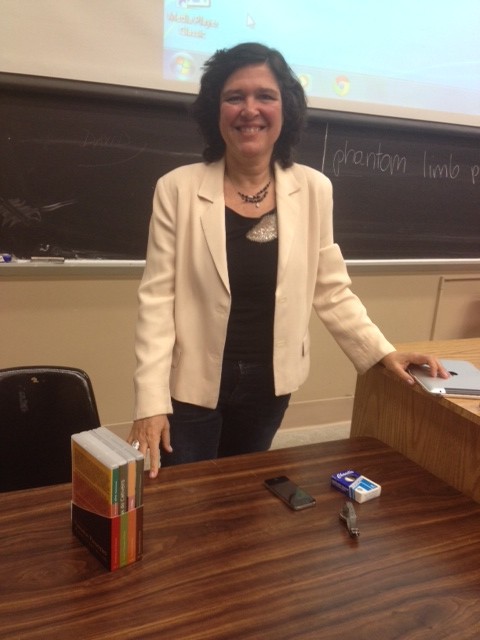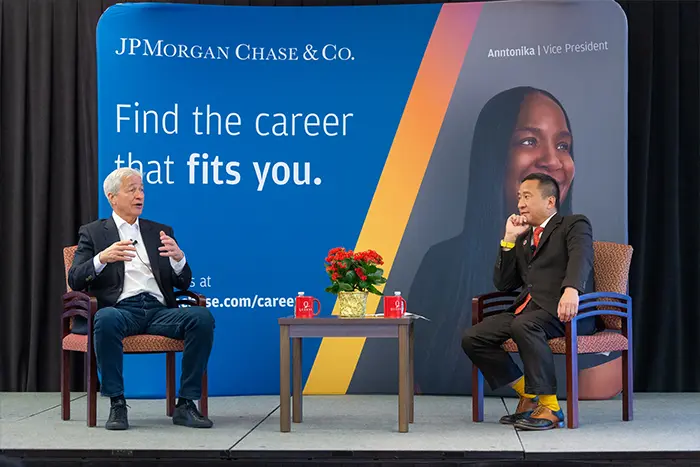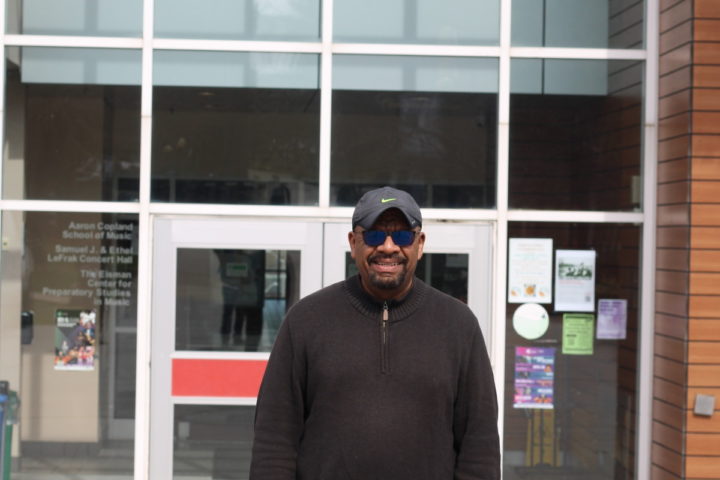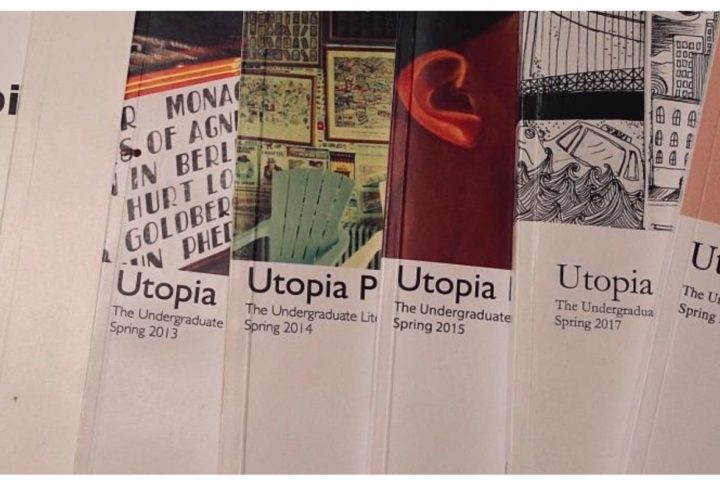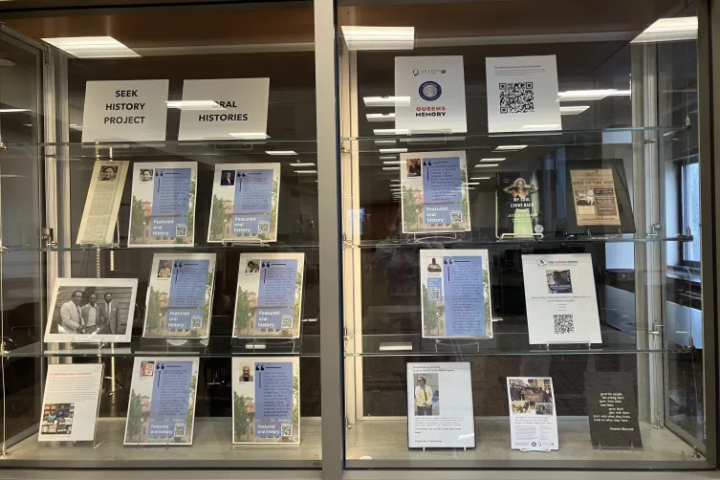The drums pound while voices, young and old, form tribal harmonies as they dance as one in a circle of community. Their wind struck faces with lines of age eye the camera with stoic curiosity.
This is just one of many scenes featured in Hebbe Mattos’ documentary film series “Presents Past.” The films shed light on Mattos’ extensive research of slavery in Brazil.
As part of Queens College’s Year of Brazil celebration, Mattos, history professor at Universidade Federal Fluminese in Rio de Janeiro and visiting professor at the Institute of Latin American Studies at Colombia University, gave a lecture entitled “Slavery and Memory in Brazil,” on Feb.19 in Kiely Hall.
A diverse crowd of students and professors crowded the lecture hall during Free Hour. Mattos shared her research with the audience via a PowerPoint presentation and film clips from her documentary series. She highlighted the idea of what she calls “memory narrative,” in uncovering the stories from African slaves.
“Since 1994 I’ve been developing this project. It begins with the memory of the first black person in Brazil. [In] the first half of 19th century, half a million Africans arrived in Brazil,” Mattos said. “I asked, ‘what could these memories say about slavery?’”
While Mattos’ presentation provided the audience with a brief history, excerpts from her films provided visual evidence to the culture and impact of slavery on the Quilombos, a Brazilian settlement founded by people of African origin. While each descendant had their own story, many were tied together by common stories of struggling to regain rights and land ownership.
“Trying to get the title to our land, that is our struggle,” one Quilombo man said.
Much of Mattos’ research emphasized a beautiful culture that emerged out of the evils of slavery. Much of the lecture and the film excerpts shown introduced a community event called a jongo, a circle dance. In Mattos’ film, Quilombo people are seen partaking in a joyous celebration of music, dance and unity. However, it is not without historical relevance.
“The more we sing, the more that comes into our heads,” a Quilombo man said.
QC junior and history major, Shelby Dua saw a clear connection to America’s own history of slavery in the lecture.
“There are some obvious ties to slavery in our country,” Dua said. “I thought the presentation was really interesting. I’ve always been very interested in the history of slavery in any country.”
Mattos’ message rang clear throughout the lecture: history is memory.
“Through this project I try to show how memory can be a way for history,” she said. “It’s opened doors for my research.”


